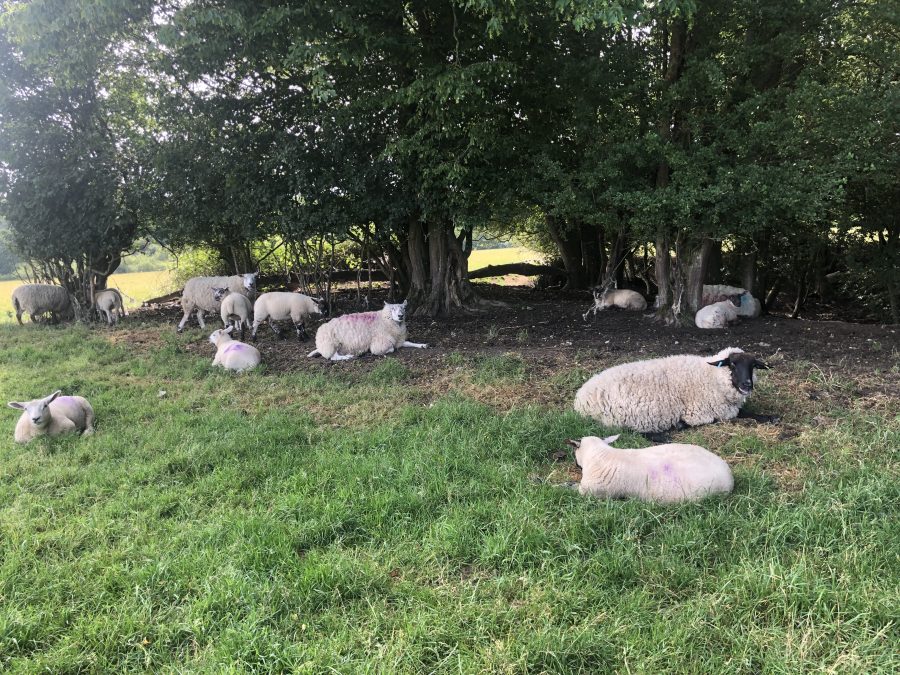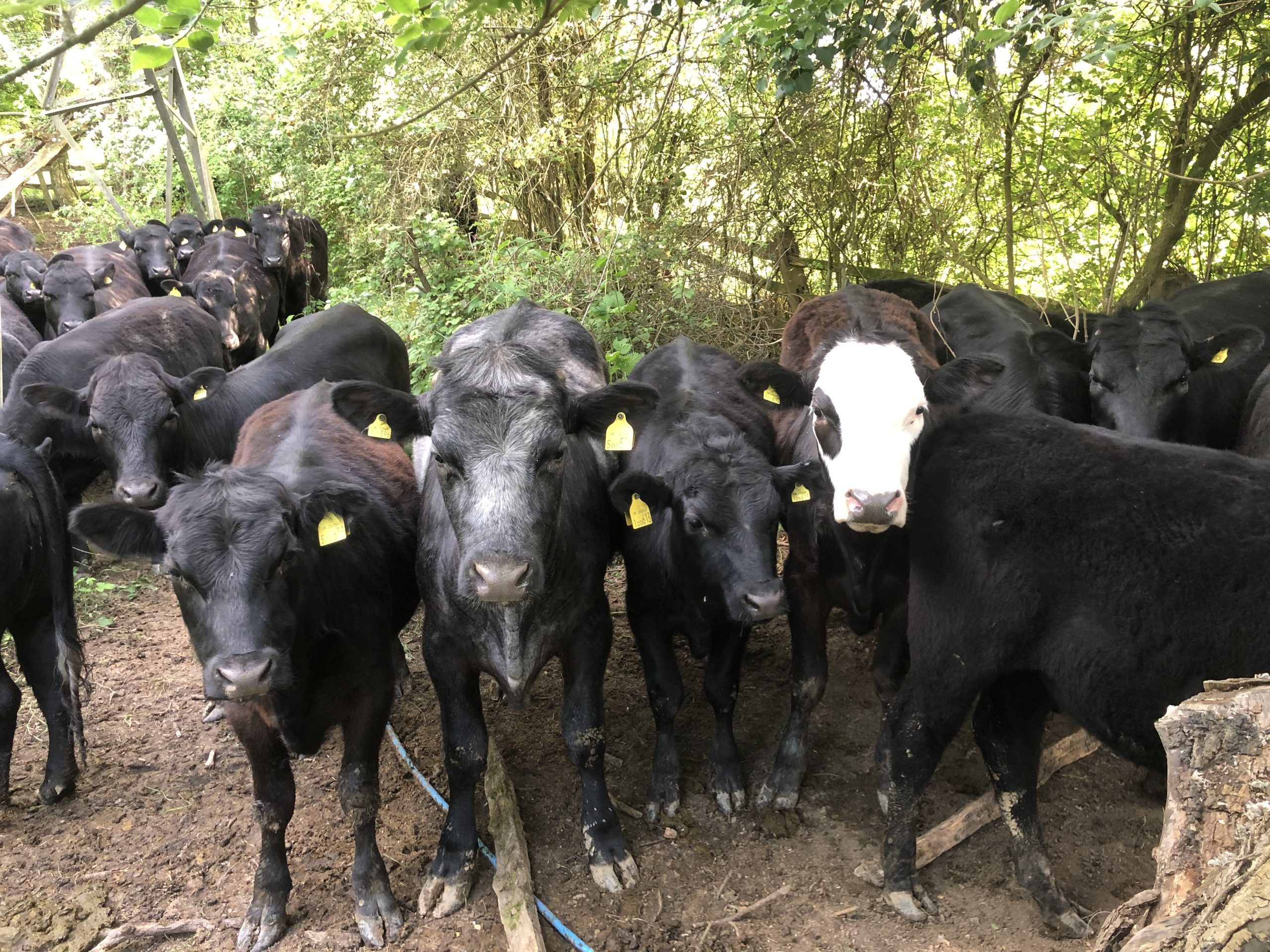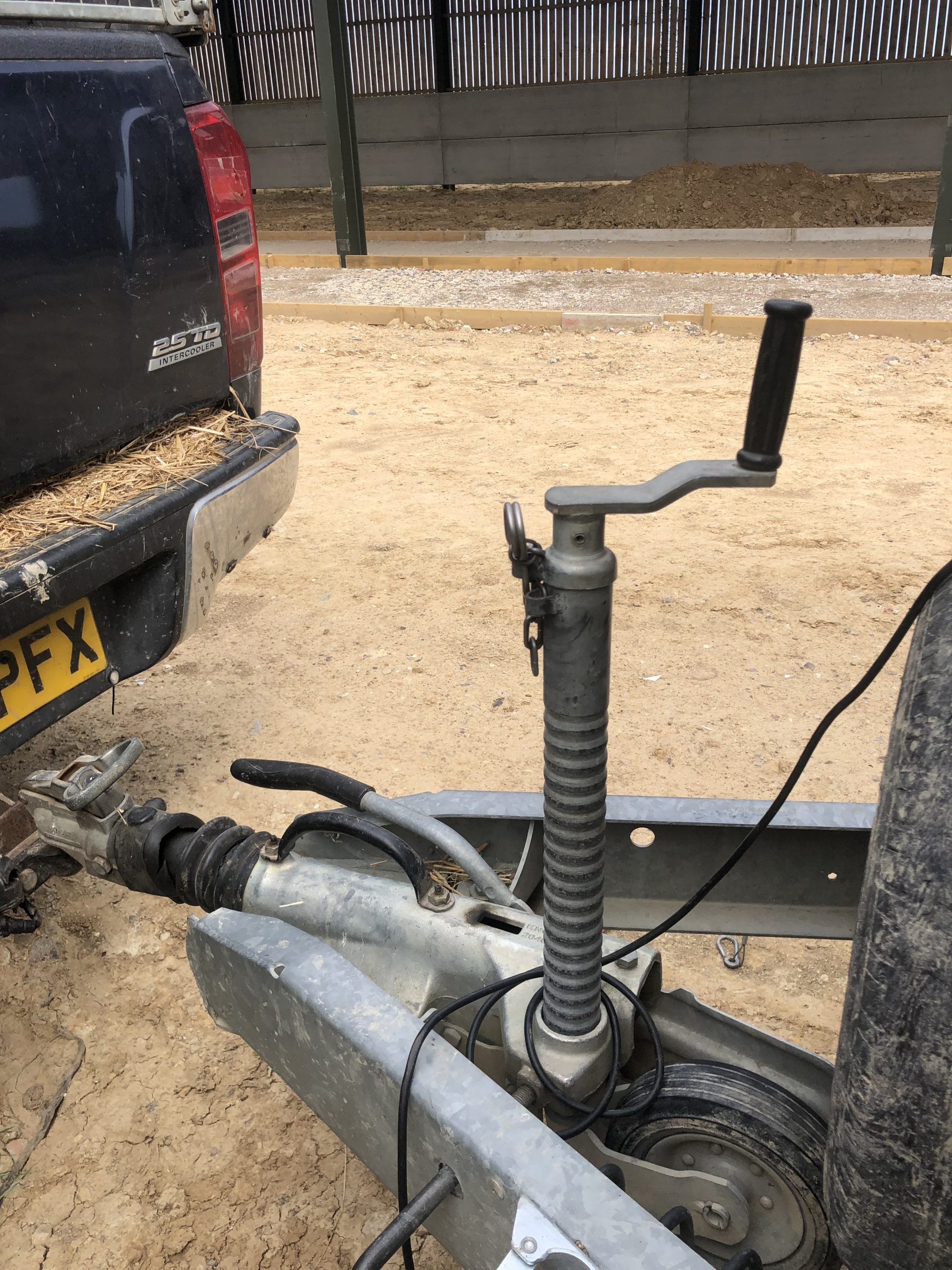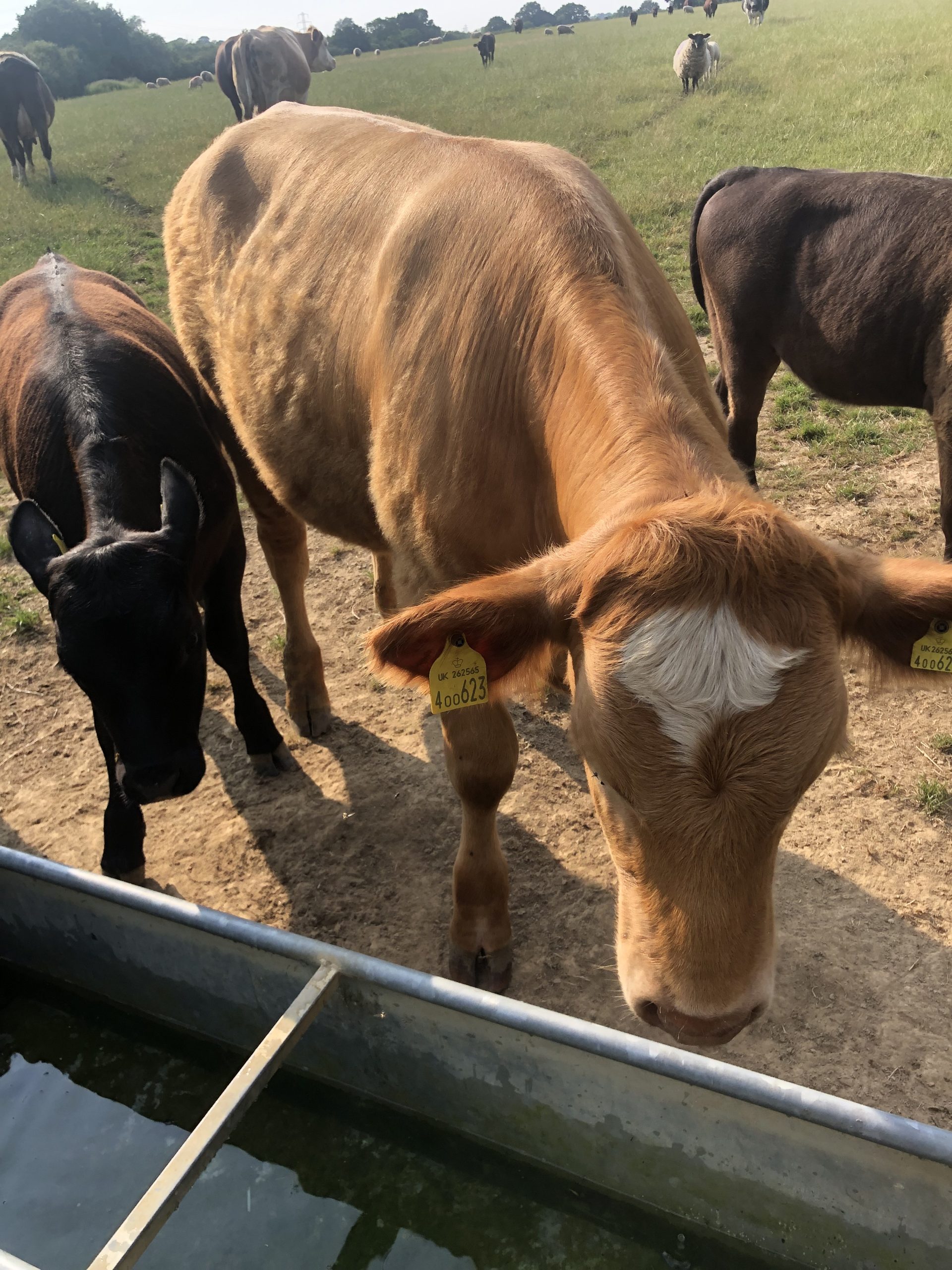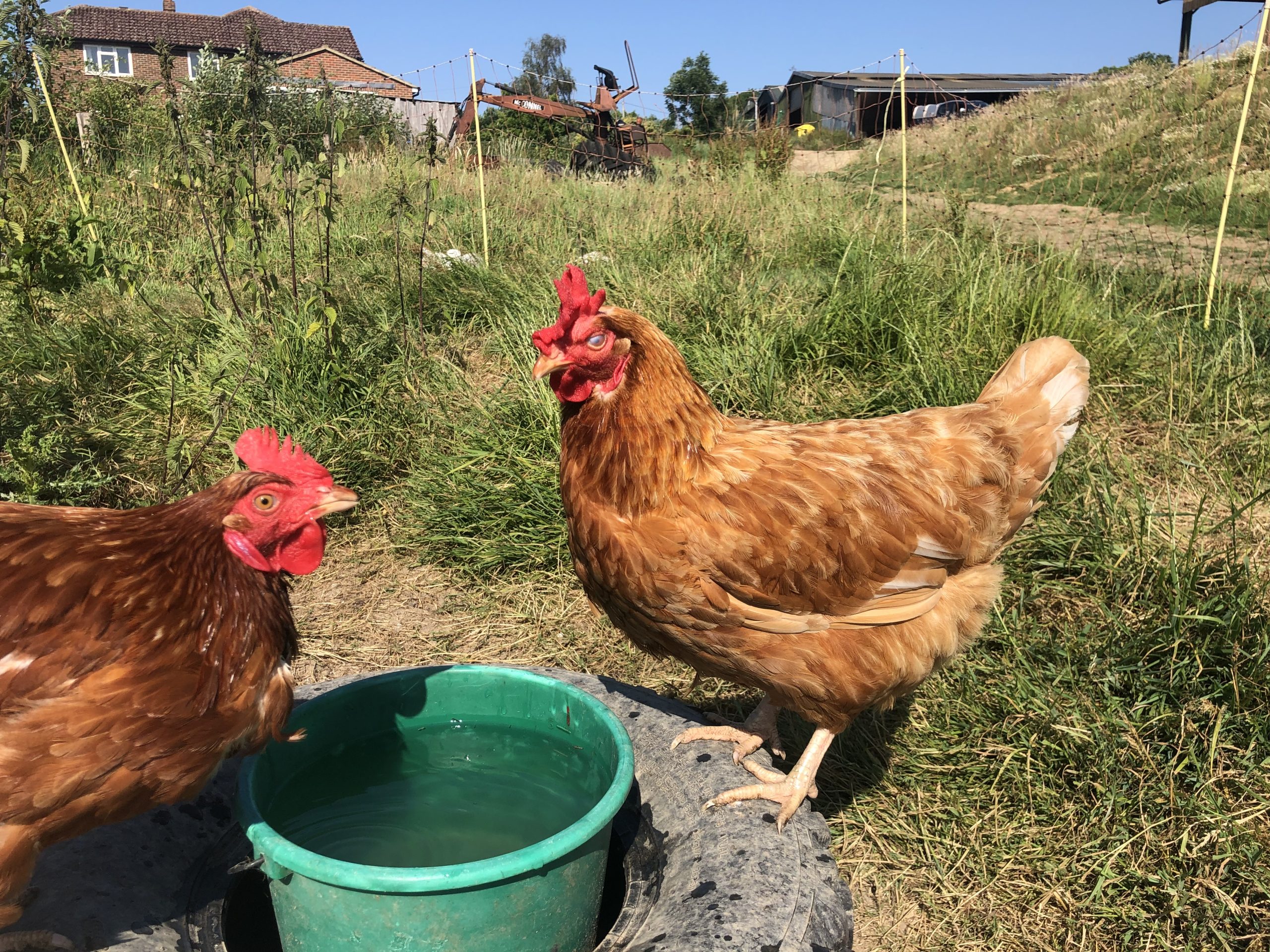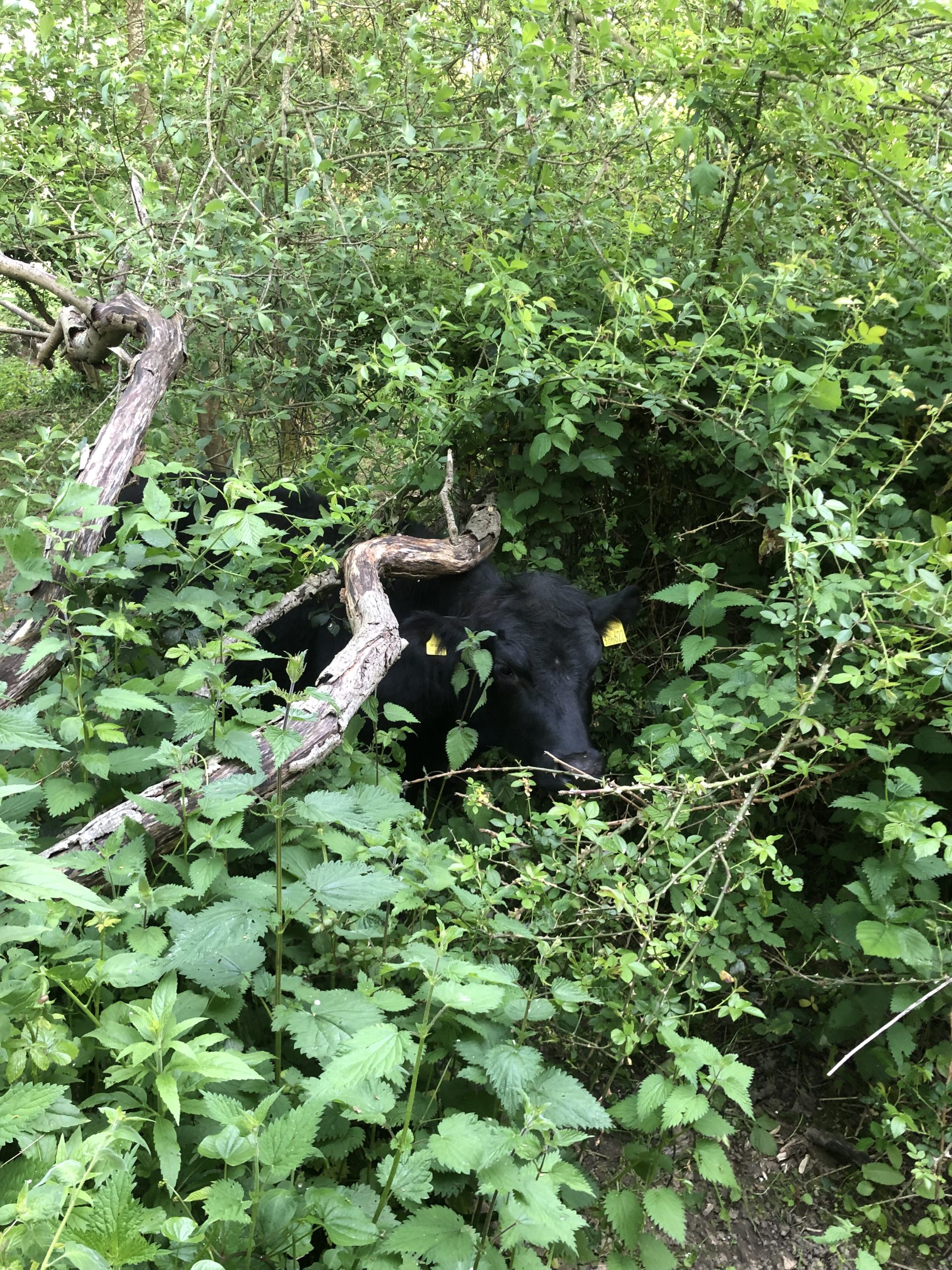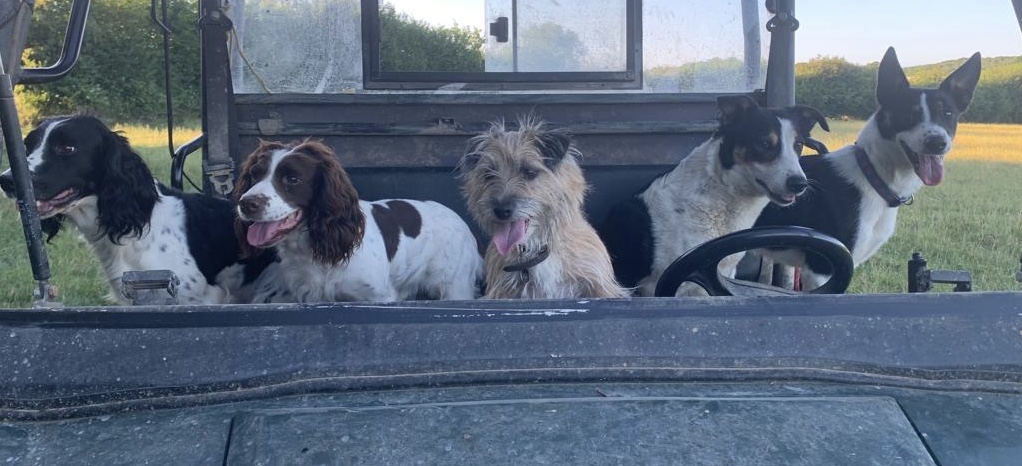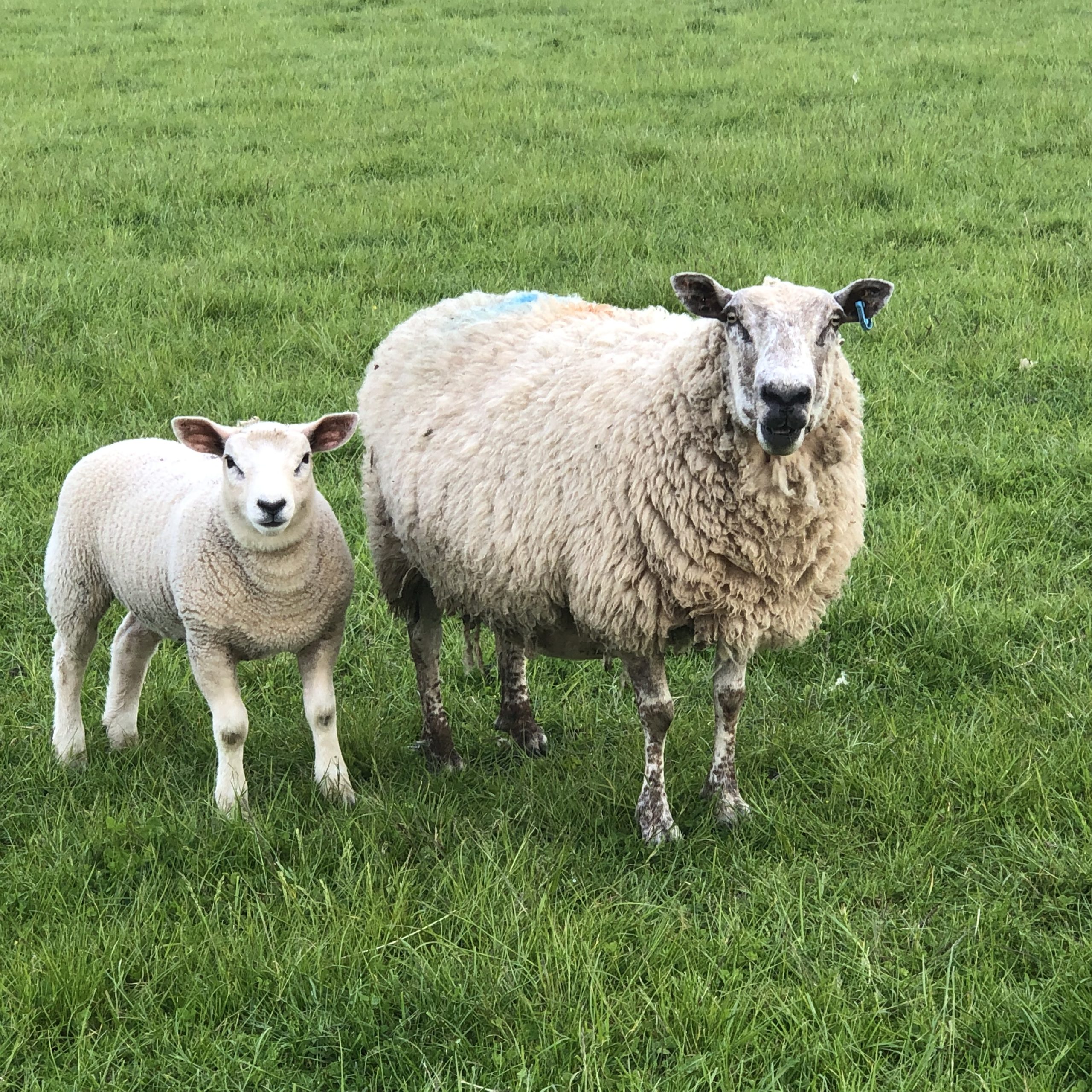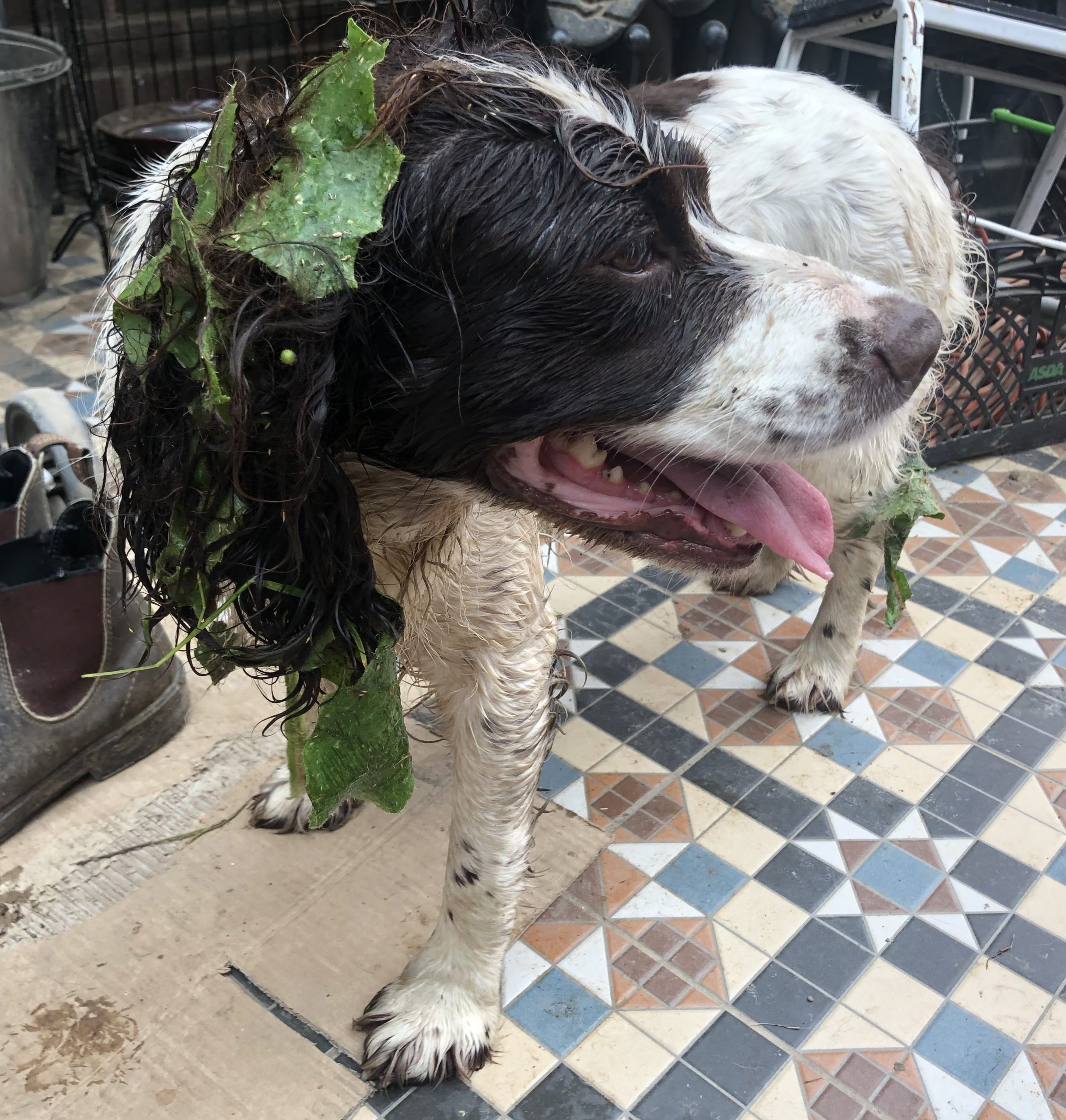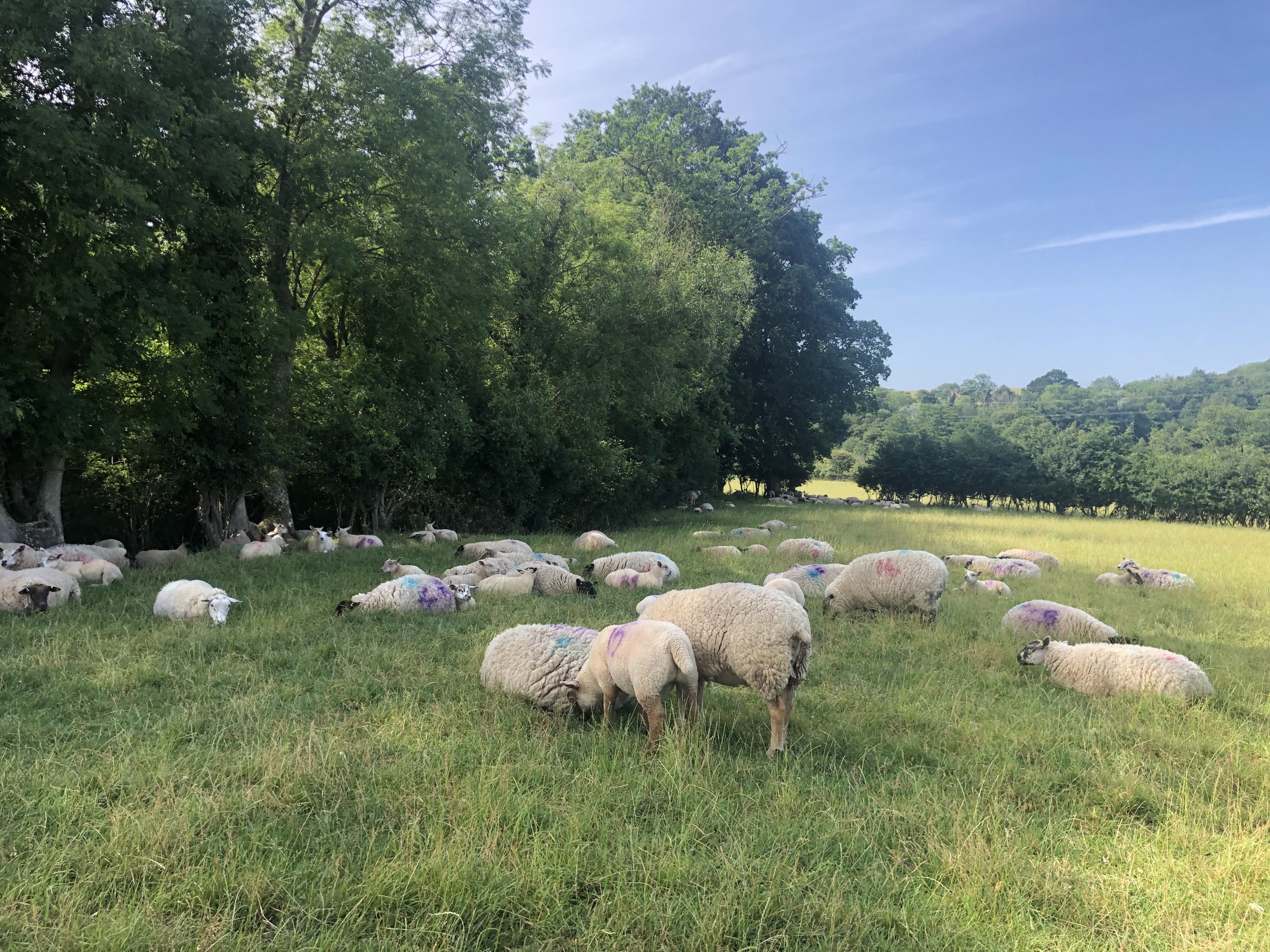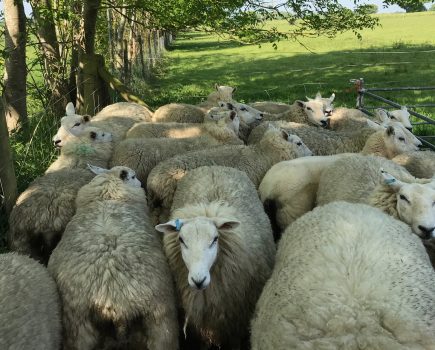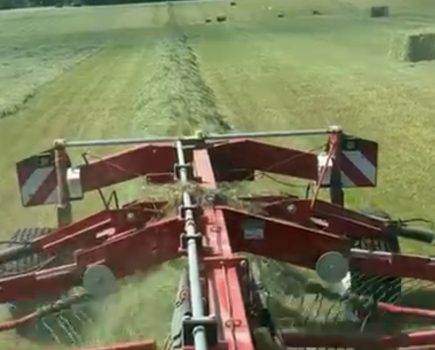Does ‘a normal day’ exist in farming? I guess it does in a way, although it changes with the seasons and the rhythm of farming. Come to think of it, not even the seasons can be described as normal these days; it’s all change, unpredictability and uncertainty.
Will we get that rain that we desperately need? It’s shown as a blue blob on the weather app, but come the appointed hour, will those dark clouds pass us by? Today’s world is challenging. What is certain is that when we face adversity we’ll do all we can to survive, not just for ourselves but for our animals and the land under our care.
On our farm at the end of May our main sheep flock looked well, but with the humid conditions came the worry of getting fly cover applied before we had any cases of strike. The first round up post lambing is often a testing event, but with sheepdog Brie’s help, and that of her daughter, it worked surprisingly well.
We usually worm, immunise and apply fly repellent in one hit, but to simplify matters we concentrated on the latter. We applied Clic-extra to the lambs and Ectofly to the ewes. I was keen to give protection from the horrors of those little blighters, maggots. I hate them with a vengeance. I’d like to use environmentally friendly products, but sadly they’re not so effective.
We’ve also cleared out the last of our hoggets, some sold as finished, the rest as stores. I wasn’t particularly proud of them, but they made fair money. Three rams in reasonable condition that owed us nothing and were past their sell-by date were also sold. I was happy with the price received, and it is better than thinking they will go on forever, which is a false economy.
It’s like when we buy a new machine, our best intentions are that we will keep it in immaculate condition and renew it every three years. Of course, that rarely happens; we never seem to find time and sometimes “the devil you know…” and all that is easier than trying to get your head around newfangled gizmos and gadgets.
New technology is great when it works but it isn’t half annoying when it doesn’t. Our children tell us it’s not the computer/machine but the operator who’s at fault.
It’s a pity we don’t put our wisdom into action, because invariably we end up running machinery into the ground, often with it costing a fortune in repairs and other half spending much time patching things up. “Mend and make do” is his motto, but his offspring have not inherited this trait; theirs is more like “Use, discard, renew.” I’m somewhere in the middle. This all makes for harmonious family farming.
These days we traditionally shear in July. Although it was hot during May, the heat was accompanied by strong drying winds which, in the latter part of the day, were quite chilly. Newly shorn ewes heavily in milk are susceptible to mastitis under these conditions, so we tend to wait until the initial cover has worn off and closer to weaning time.
In extreme heat I sometimes question this thinking. Our flock is lucky always to have access to woods, mature hedges and random trees where sheep can find shade. Although I’m tempted to try mob grazing, I’ve yet to fully embrace it as, to my mind, providing shade in these circumstances would be more difficult. We do have cattle and sheep running together, which I’ve recently learnt is called a flerd.
It’s a good thing that when we start our day we have no idea what adventures are in store for us. One day early in June, grass had been cut for silaging. The bull had joined his ladies on the Pevensey levels, but we had two finished cattle left in the sheds which other half was itching to get cleaned out.
Nigel phoned to get a slaughter slot at our ‘not so near’ abattoir as he was hoping to stock up on barbecue-ready beef to sell during the summer season, but the next availability wasn’t until July.
I suggested we load and turn these cattle out to grass and collect a backload of sheep suitable for me to use to start fine tuning the young sheepdog’s training. All worked well until we arrived back in the yard.
The ewe lambs in the trailer had been categorised by me as empty, but two had subsequently lambed. We had put these recently born lambs into the back of the pickup in order to avoid them getting trampled in transit. I climbed over the tailgate, applied rings, dipped navels and numbered the lambs, taking the first one to reunite it with its mum and placing them separately into a paddock.
When I returned to collect the second lamb, everything went horribly wrong. Naturally the lamb wasn’t keen to be caught. I got into the back to catch it and was clambering out, perched horizontally along the raised tailgate with the lamb in my hands, when suddenly the latch gave way.
This resulted in me being catapulted speedily with some force onto the livestock trailer jack. Ouch. The reputation that former nurses make the worse patients is true. While gasping for breath I tried to do a self-assessment, but the pain was so intense that I couldn’t think straight. The younger members of the family called the ambulance. In this setting one has to be proud of the NHS response; it is a wonderful service.
I was lucky to get away with only broken ribs and no damage to my internal organs as was first feared. Brighton’s emergency department was brilliant despite it being a Friday evening and a strawberry moon. I was given a bed with a sea view and excellent care.
It takes time, but I’m on the mend. My message is: “Accidents happen, so please be careful, especially at busy times like harvesting. Don’t take unnecessary risks and appreciate your health.” It’s so frustrating when you can’t get on with farming like you want to.
Embrace the good in farming but be wary of the dangers.
Hallelujah…. It’s raining.
Editor’s note – all of us at South East Farmer, and I am sure, our readers, wish Monica a speedy recovery.
- The livestock trailer jack was not a soft landing
- Hens out and about, enjoying a drink
- I’m hiding
- Paw patrol; extra eyes for lookering in case the humans should miss something
- Lambs are growing
- Tilley’s method of keeping cool

